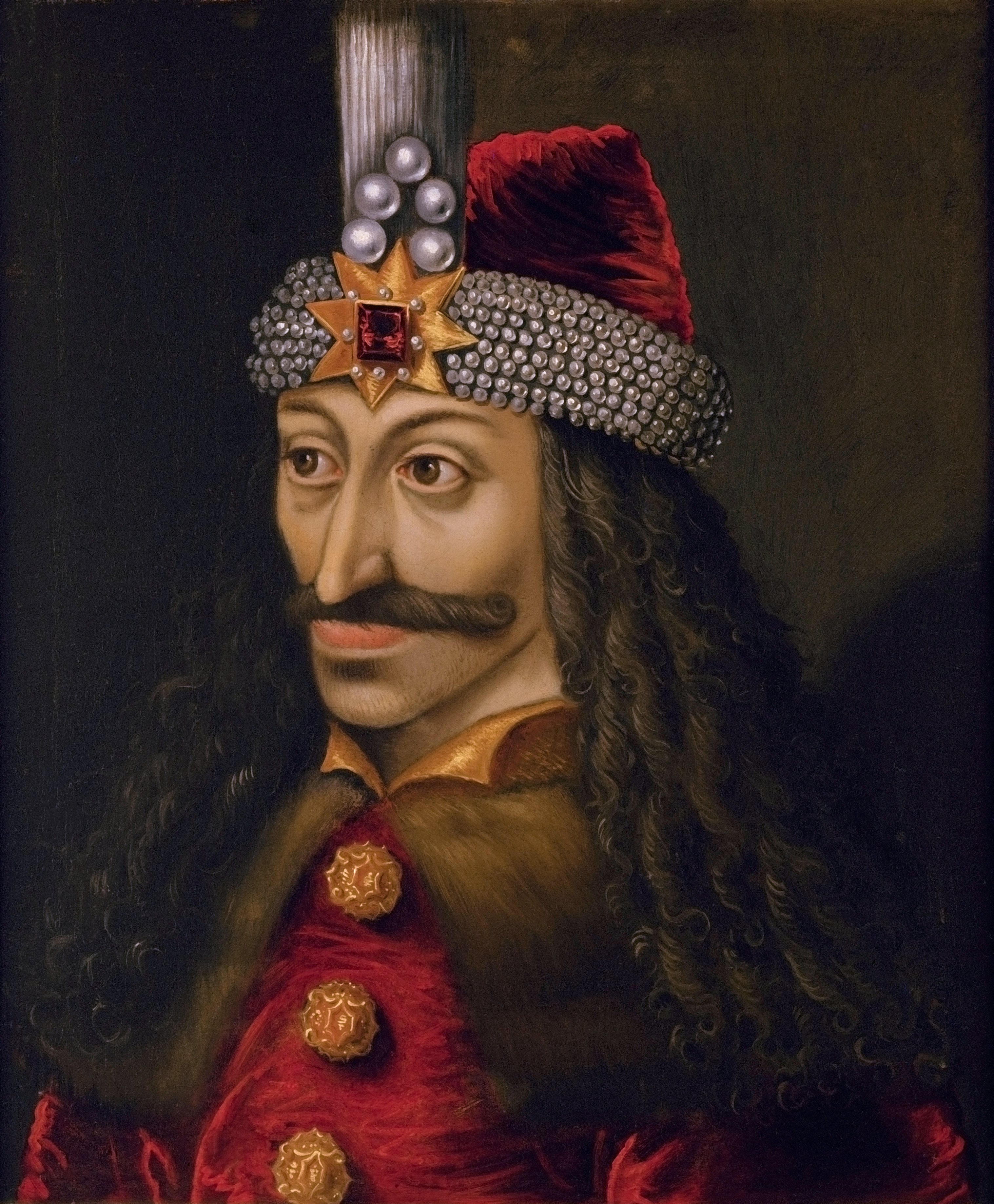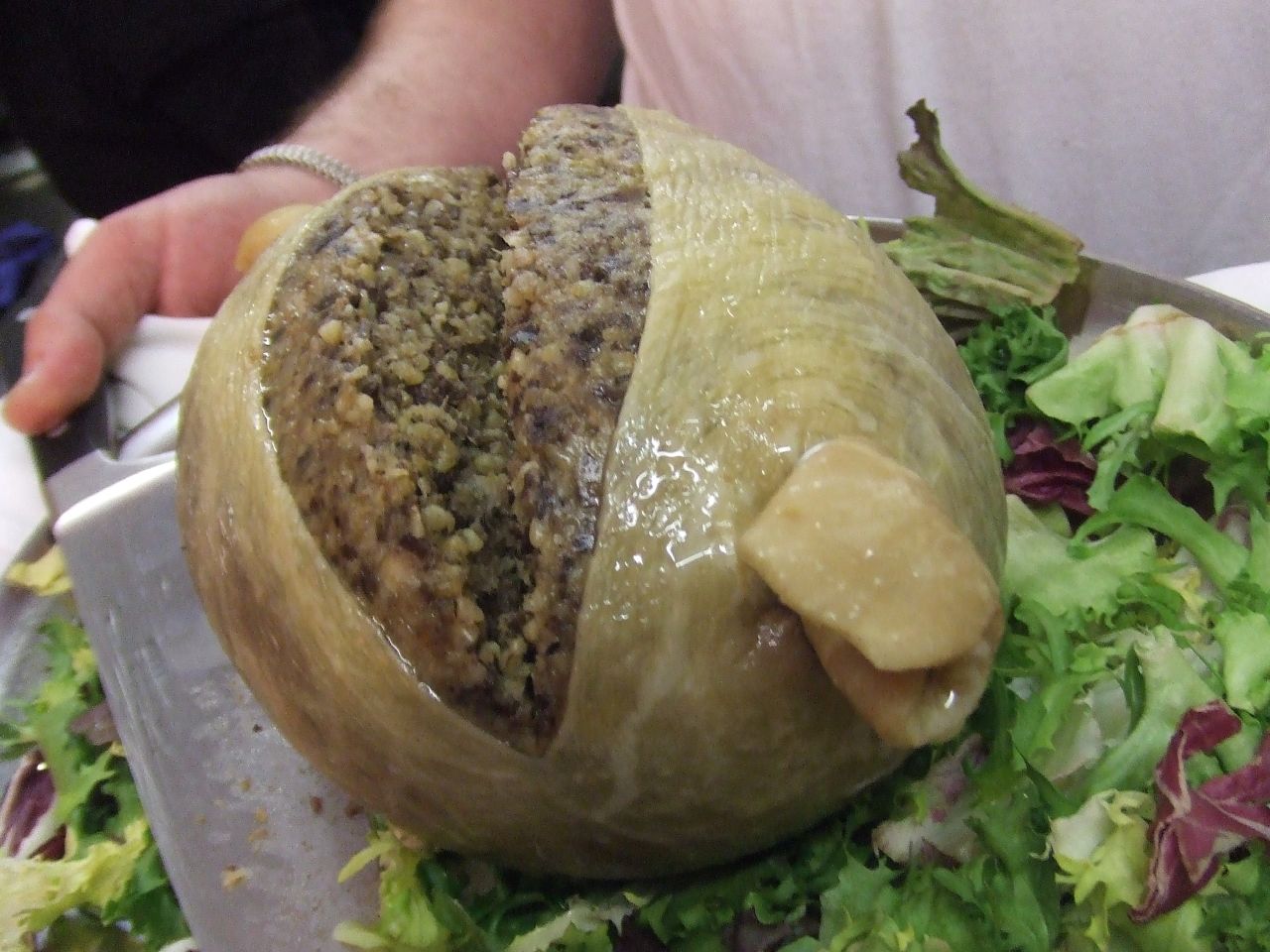|
Marc Wootton Exposed
''Marc Wootton Exposed'' is a television sketch comedy show, written by Marc Wootton and Liam Woodman, and starring character comedian Marc Wootton, who plays numerous in-depth characters, with obscured humour situations, in the form of monologues. The characters are introduced through the point of view of a photographer taking their pictures in a studio, and the show looks beyond the fake poses and into the life of the person beneath. The series was filmed over late August 2007 and ran from 13 January 2008 to 25 February 2008 on BBC Three. The Song ''We are your friends'' By Justice V Simian features in the programme's opening and closing credits. Characters *''Doris'', an elderly woman in her eighties whose tyrannical husband Des has recently died, setting her free from a life of misery; however, Doris cannot help but compare her newly found good times to her comically shocking times with her husband, with her trademark "When Des were around..." *''Paul Pearson'', who claims th ... [...More Info...] [...Related Items...] OR: [Wikipedia] [Google] [Baidu] |
Multiple-camera Setup
The multiple-camera setup, multiple-camera mode of production, multi-camera or simply multicam is a method of filmmaking and video production. Several cameras—either film or professional video cameras—are employed on the set and simultaneously record or broadcast a scene. It is often contrasted with a single-camera setup, which uses one camera. Description Generally, the two outer cameras shoot close-up shots or "crosses" of the two most active characters on the set at any given time, while the central camera or cameras shoot a wider master shot to capture the overall action and establish the geography of the room. In this way, multiple shots are obtained in a single take without having to start and stop the action. This is more efficient for programs that are to be shown a short time after being shot as it reduces the time spent in film or video editing. It is also a virtual necessity for regular, high-output shows like daily soap operas. Apart from saving editing time, s ... [...More Info...] [...Related Items...] OR: [Wikipedia] [Google] [Baidu] |
Marc Wootton
Marc James Wootton (born 8 February 1975) is an English actor, comedian and writer, best known for his role as Mr Poppy in the ''Nativity!'' film series. Wootton has also appeared in ''High Spirits with Shirley Ghostman'', ''La La Land'', ''Nighty Night'' and voiced Max in ''Counterfeit Cat''. Career Wootton previously starred in the Channel 4 comedy show ''The Eleven O'Clock Show'', BBC Three, the show ''Cyderdelic'', the Channel 4 comedy gameshow '' My New Best Friend'', in which contestants had to convince their closest friends and relatives that the most awful of people (played by Wootton) were their new best friends for a prize of £10,000, E4 comedy ''The Pilot Show'' and the BBC Two Sitcom '' Thin Ice''. He also wrote and starred in the BBC Three sketch show '' Marc Wootton Exposed'', the first series of which started on 13 January and finished on 25 February 2008. Wootton played the role of softly spoken dating agent Gary Furze (Lasso The Moon agency) in the first se ... [...More Info...] [...Related Items...] OR: [Wikipedia] [Google] [Baidu] |
BBC Three
BBC Three is a British free-to-air public broadcast television channel owned and operated by the BBC. It was first launched on 9 February 2003 with programmes targeting 16 to 34-year-olds, covering all genres including animation, comedy, current affairs, and drama series. The television channel closed down in 2016 and was replaced by an online-only BBC Three streaming channel. After six years of being online, BBC Three returned to linear television on 1 February 2022. It broadcasts every day from 19:00 to around 04:00, timesharing with CBBC (which starts at 07:00). BBC Three is the BBC's youth-orientated television channel, its remit to provide "innovative programming" to a target audience of viewers between 16 and 34 years old, leveraging technology as well as new talent. Unlike its commercial rivals, 90% of BBC Three's output originated from the United Kingdom. Notable exceptions were '' Family Guy'' and ''American Dad'' (both of them originating in the United States). It an ... [...More Info...] [...Related Items...] OR: [Wikipedia] [Google] [Baidu] |
Sketch Comedy
Sketch comedy comprises a series of short, amusing scenes or vignettes, called "sketches", commonly between one and ten minutes long, performed by a group of comic actors or comedians. The form developed and became popular in vaudeville, and is used widely in variety shows, comedy talk shows, and some sitcoms and children's television series. The sketches may be improvised live by the performers, developed through improvisation before public performance, or scripted and rehearsed in advance like a play. Sketch comedians routinely differentiate their work from a "skit", maintaining that a skit is a (single) dramatized joke (or "bit") while a sketch is a comedic exploration of a concept, character, or situation. definition 3b, Merriam-Webster online. Retrieved 5/4/2019 History Sketch comedy has its origins in |
Monologue
In theatre, a monologue (from el, μονόλογος, from μόνος ''mónos'', "alone, solitary" and λόγος ''lógos'', "speech") is a speech presented by a single character, most often to express their thoughts aloud, though sometimes also to directly address another character or the audience. Monologues are common across the range of dramatic media (plays, films, etc.), as well as in non-dramatic media such as poetry. Monologues share much in common with several other literary devices including soliloquies, apostrophes, and asides. There are, however, distinctions between each of these devices. Similar literary devices Monologues are similar to poems, epiphanies, and others, in that, they involve one 'voice' speaking but there are differences between them. For example, a soliloquy involves a character relating their thoughts and feelings to themself and to the audience without addressing any of the other characters. A monologue is the thoughts of a person spoken out l ... [...More Info...] [...Related Items...] OR: [Wikipedia] [Google] [Baidu] |
Tyrannical
A tyrant (), in the modern English usage of the word, is an absolute ruler who is unrestrained by law, or one who has usurped a legitimate ruler's sovereignty. Often portrayed as cruel, tyrants may defend their positions by resorting to repressive means. The original Greek term meant an absolute sovereign who came to power without constitutional right, yet the word had a neutral connotation during the Archaic and early Classical periods. However, Greek philosopher Plato saw ''tyrannos'' as a negative word, and on account of the decisive influence of philosophy on politics, its negative connotations only increased, continuing into the Hellenistic period. The philosophers Plato and Aristotle defined a tyrant as a person who rules without law, using extreme and cruel methods against both his own people and others. The ''Encyclopédie'' defined the term as a usurper of sovereign power who makes "his subjects the victims of his passions and unjust desires, which he substitutes ... [...More Info...] [...Related Items...] OR: [Wikipedia] [Google] [Baidu] |
Vampire
A vampire is a mythical creature that subsists by feeding on the Vitalism, vital essence (generally in the form of blood) of the living. In European folklore, vampires are undead, undead creatures that often visited loved ones and caused mischief or deaths in the neighbourhoods they inhabited while they were alive. They wore shrouds and were often described as bloated and of ruddy or dark countenance, markedly different from today's gaunt, pale vampire which dates from the early 19th century. Vampiric entities have been Vampire folklore by region, recorded in cultures around the world; the term ''vampire'' was popularized in Western Europe after reports of an 18th-century mass hysteria of a pre-existing folk belief in the Balkans and Eastern Europe that in some cases resulted in corpses being staked and people being accused of vampirism. Local variants in Eastern Europe were also known by different names, such as ''shtriga'' in Albanian mythology, Albania, ''vrykolakas'' in G ... [...More Info...] [...Related Items...] OR: [Wikipedia] [Google] [Baidu] |
Dracula
''Dracula'' is a novel by Bram Stoker, published in 1897. As an epistolary novel, the narrative is related through letters, diary entries, and newspaper articles. It has no single protagonist, but opens with solicitor Jonathan Harker taking a business trip to stay at the castle of a Transylvanian nobleman, Count Dracula. Harker escapes the castle after discovering that Dracula is a vampire, and the Count moves to England and plagues the seaside town of Whitby. A small group, led by Abraham Van Helsing, hunt Dracula and, in the end, kill him. ''Dracula'' was mostly written in the 1890s. Stoker produced over a hundred pages of notes for the novel, drawing extensively from Transylvanian folklore and history. Some scholars have suggested that the character of Dracula was inspired by historical figures like the Wallachian prince Vlad the Impaler or the countess Elizabeth Báthory, but there is widespread disagreement. Stoker's notes mention neither figure. He found the name ''D ... [...More Info...] [...Related Items...] OR: [Wikipedia] [Google] [Baidu] |
Pudding
Pudding is a type of food. It can be either a dessert or a savoury (salty or spicy) dish served as part of the main meal. In the United States, ''pudding'' means a sweet, milk-based dessert similar in consistency to egg-based custards, instant custards or a mousse, often commercially set using cornstarch, gelatin or similar coagulating agent such as Jell-O. The modern American meaning of pudding as dessert has evolved from the original almost exclusive use of the term to describe savoury dishes, specifically those created using a process similar to that used for sausages, in which meat and other ingredients in mostly liquid form are encased and then steamed or boiled to set the contents. In the United Kingdom and some of the Commonwealth countries, the word ''pudding'' is used to describe sweet and savoury dishes. Savoury puddings include Yorkshire pudding, black pudding, suet pudding and steak and kidney pudding. Unless qualified, however, pudding usually means desse ... [...More Info...] [...Related Items...] OR: [Wikipedia] [Google] [Baidu] |
Names Of The Romani People
The Romani people are also known by a variety of other names; in English as ''gypsies'' or ''gipsies'', and ''Roma''; in Greek as (''gíftoi'') or (''tsiggánoi''), in Central and Eastern Europe as ''Tsingani'' (and variants); in France as ''gitans'' besides the dated terms ''bohémiens'' and ''manouches''; in Italy as ''rom'' and ''sinti'' besides the dated terms ''zingari'', ''zigani'', and ''gitani''; in Spain as ''gitanos''; and in Portugal as ''ciganos''. Self-designation also varies: In Central and Eastern Europe, ''Roma'' is common. The Romani of England call themselves (in Angloromani) ''Romanichal'', those of Scandinavia (in Scandinavian romanidialect)'' Romanisæl''. In German-speaking Europe, the self-designation is ''Sinti'', in France '' Manush'', while the groups of Spain, Wales, and Finland use ''Kalo/Kale'' (from ''kalo'' meaning "black" in Romani language). There are numerous subgroups and clans with their own self-designations, such as the Kalderash, Machvaya ... [...More Info...] [...Related Items...] OR: [Wikipedia] [Google] [Baidu] |
Housewife
A housewife (also known as a homemaker or a stay-at-home mother/mom/mum) is a woman whose role is running or managing her family's home—housekeeping, which includes caring for her children; cleaning and maintaining the home; making, buying and/or mending clothes for the family; buying, cooking, and storing food for the family; buying goods that the family needs for everyday life; partially or solely managing the family budget—and who is not employed outside the home (i.e., a '' career woman''). The male equivalent is the househusband. ''Webster's Dictionary'' defines a housewife as a married woman who is in charge of her household. The British ''Chambers's Twentieth Century Dictionary'' (1901) defines a housewife as "the mistress of a household; a female domestic manager ... In British English, a small sewing kit is also sometimes called a ''huswif,'' ''housewife'' or ''hussif''. In the Western world, stereotypical gender roles, particularly for women, were challenged b ... [...More Info...] [...Related Items...] OR: [Wikipedia] [Google] [Baidu] |
.jpg)







